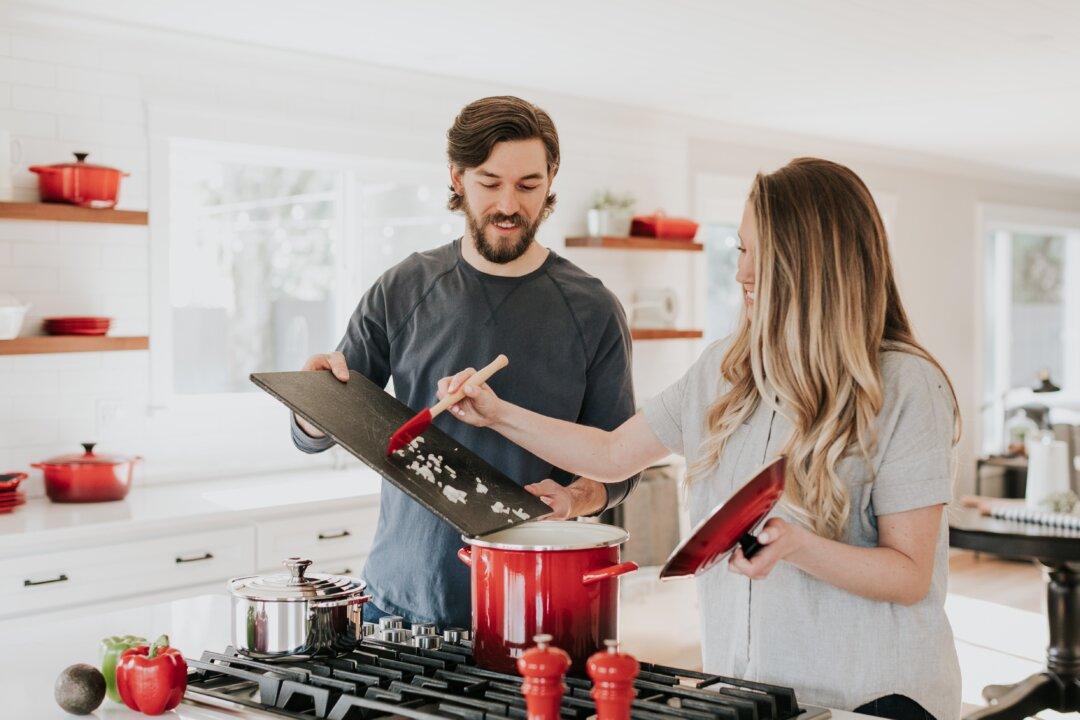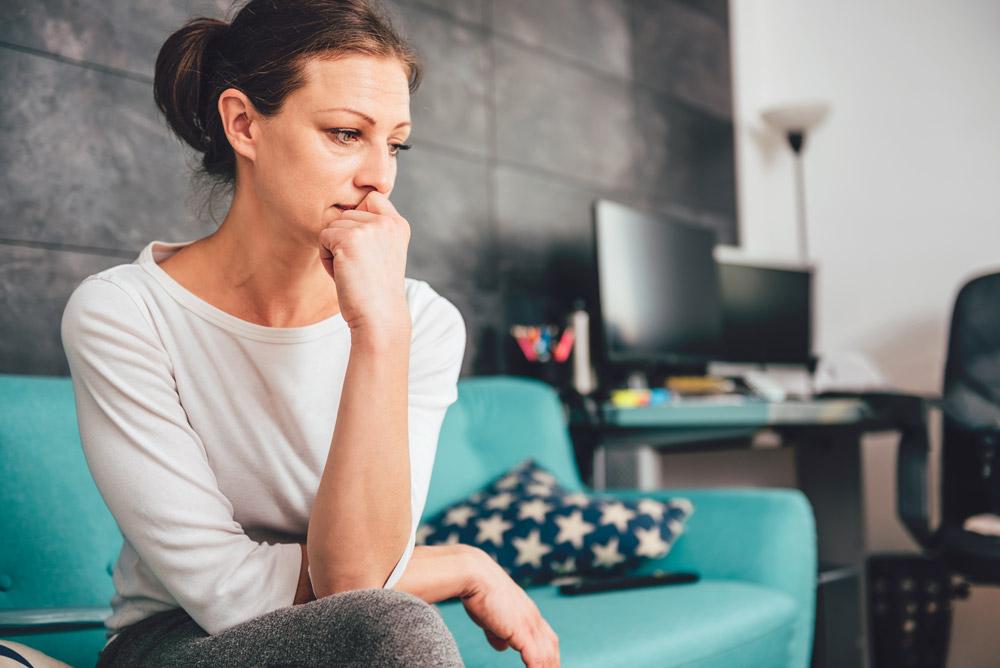Amid stay-at-home orders and social distancing measures, the COVID-19 pandemic has separated us from friends and far-flung family. But how has it affected relationships at home?
Research is only beginning to tell the story of how couples fared during the pandemic, and that’s a story still in progress now—16 months in, as case counts continue to rise worldwide.





